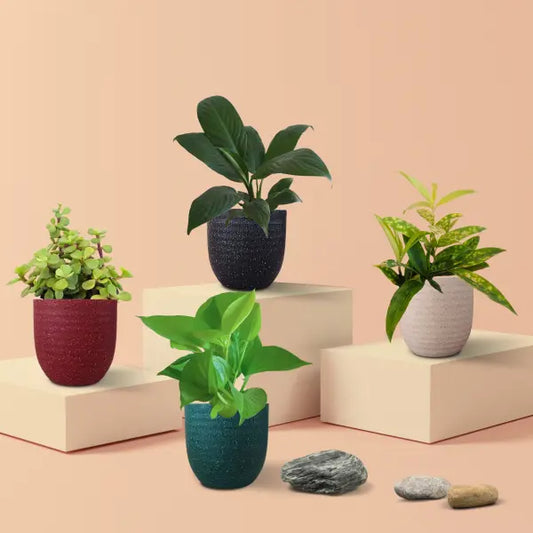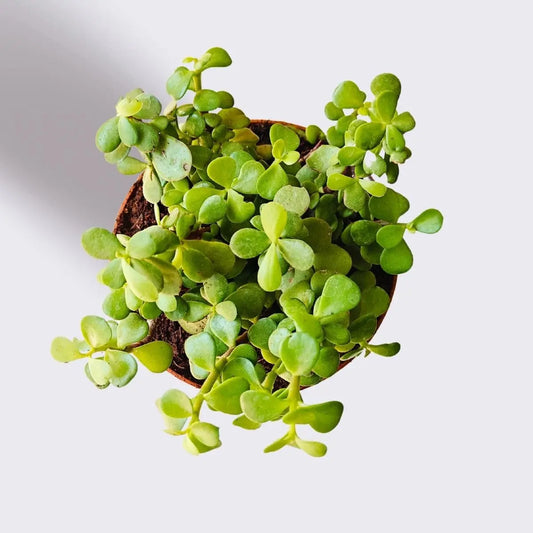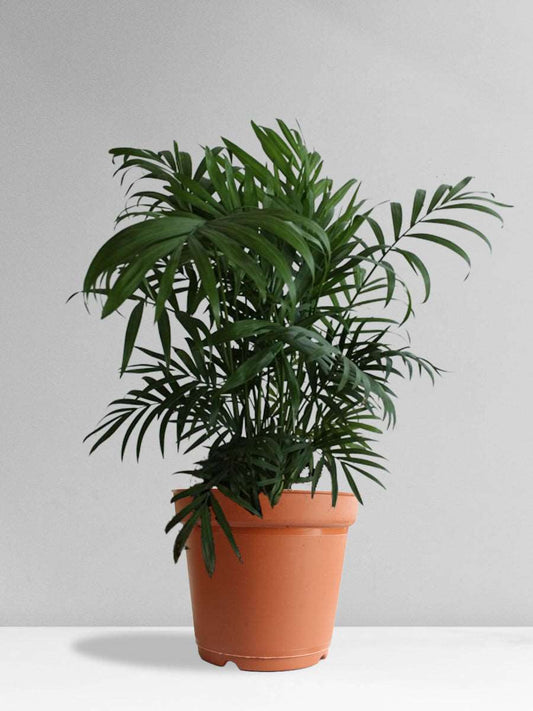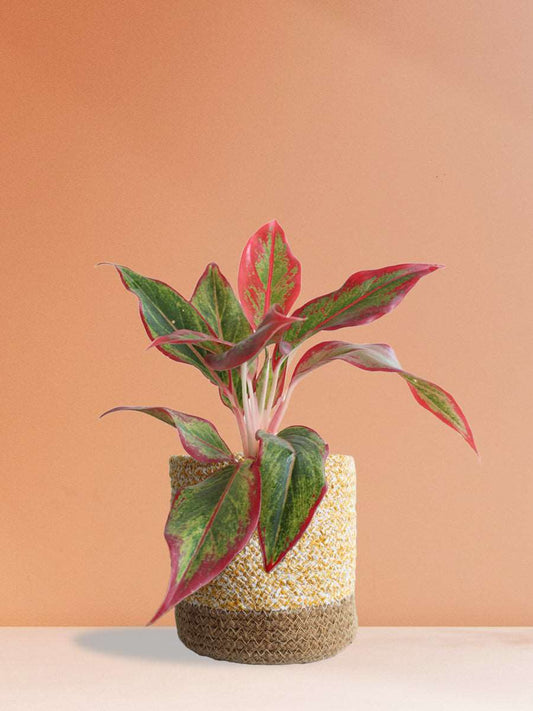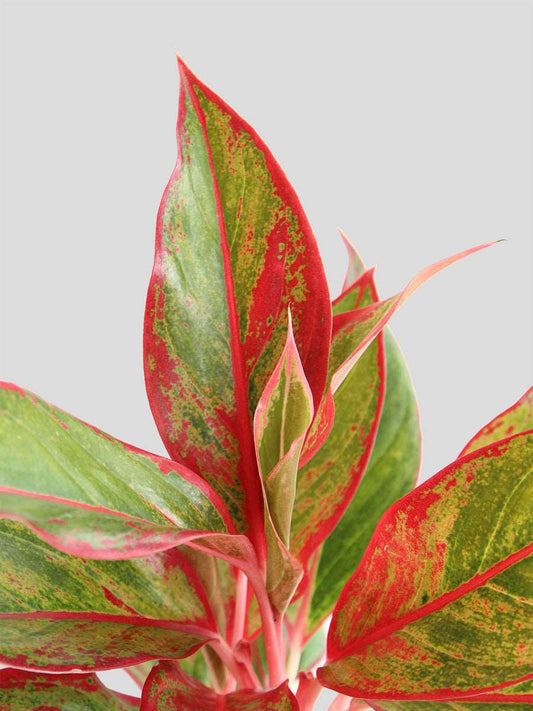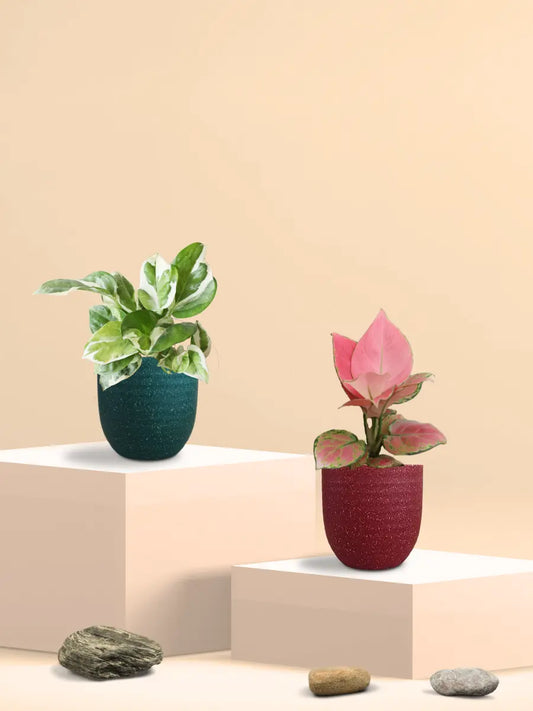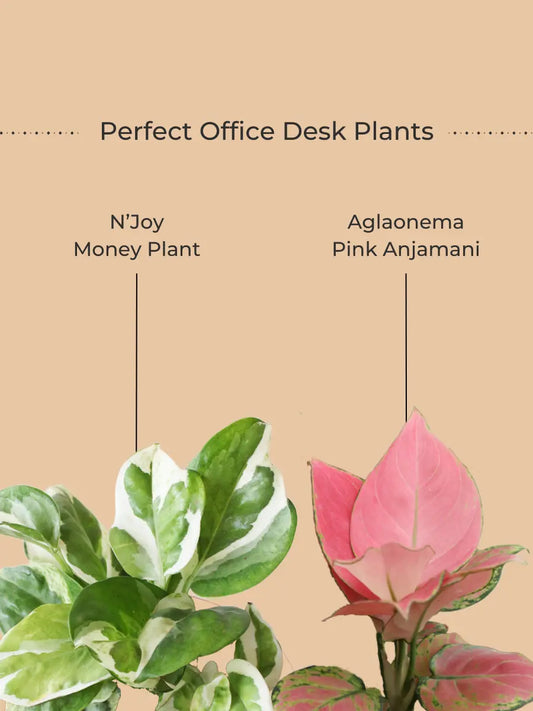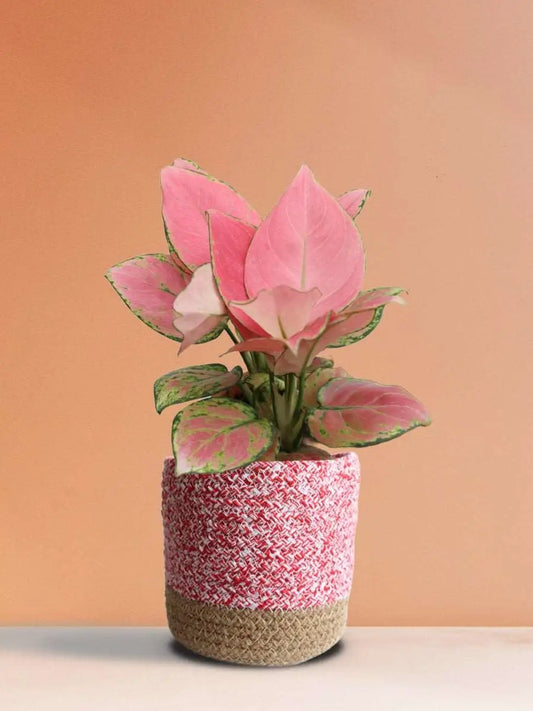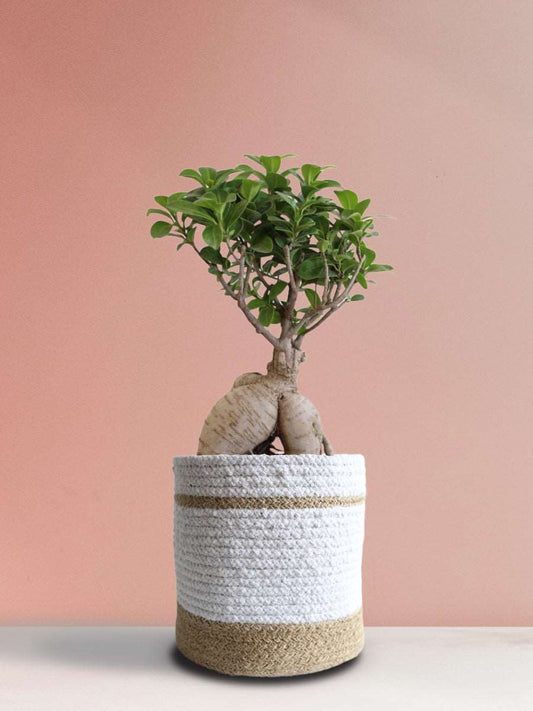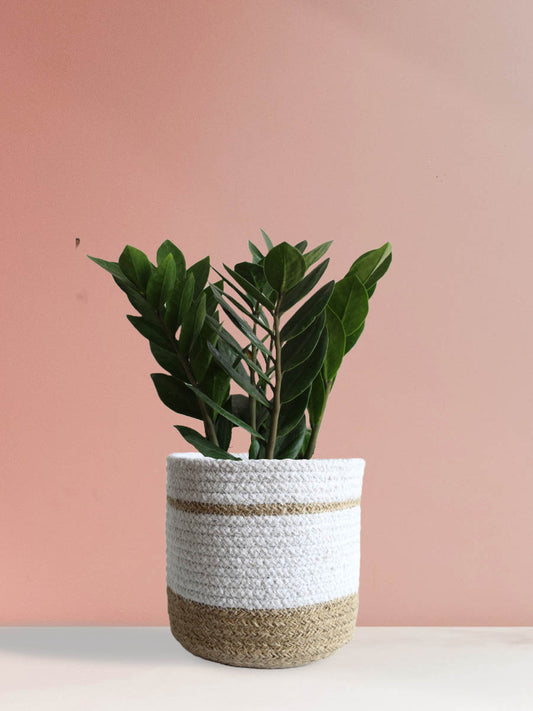Introduction to Garden Bugs
There can be a variety of insects in your garden. Garden bugs are garden insects. It would be surprising for you to know that garden bugs can be essential to balance out the ecosystem of your garden. While there are some varieties of bugs that can be beneficial for your garden ecosystem, others can harm it. You can control the harmful varieties of these pests by a variety of pest control methods as they can cause damage to the plants. This article will help you understand the variety of garden bugs that can be good for your garden, if you are just starting out as a gardener. If done carefully and properly, Garden bugs can provide benefits to the soil and the garden.
Read on to know more about Good Bugs & Bad Bugs for Your Garden.
Role of Bugs in Our Garden

Let us understand the role of bugs in our garden:
- Being the facilitators of pollination.
- Providing natural pest control.
- Breaking down organic matter.
- Promoting healthier root growth.
- Indicating underlying issues in the garden.
Let us understand step-by-step.
1. Being the facilitators of pollination:
Bugs like bees and butterflies are known to facilitate pollination. Pollination is the process of transfer of pollen between flowers that helps the plants to reproduce. Bugs like bees and butterflies make this possible.
2. Providing natural pest control:
Predatory bug varieties such as ladybugs or certain wasps, feed on garden pests that help in keeping the pest population in check.
3. Breaking down organic matter:
There are some bugs like earthworms that help in breaking down organic matter. This decomposition process improves the sculpture of the soil and improves fertility. The sentence benefits plant growth, supporting the overall ecosystem of the soil.
4. Promoting healthier root growth:
There are certain bug varieties that live in tunnels in the soil. Burrowing insects like ants and beetles, create for water and air to seep through the soil. And thus provide soil aeration, which is essential for healthier root growth of the plant.
5. Indicating underlying issues in the garden:
Having certain bug varieties around in the garden can indicate underlying issues of the garden. For example, having aphids and scale insects can indicate a certain kind of nutrient deficiency in the soil. If you monitor these bug populations closely, you would be able to get insights into your garden ecosystem.
Checkout these housewarming gift ideas.
What Are the Good Bugs for Your Garden

Several beneficial bugs contribute to the health and vitality of your garden:
- Ladybugs
- Parasitic Wasps
- Hoverflies
- Green Lacewings
- Praying Mantises
1. Ladybugs: While these colorful bugs are present and most of them can be valuable allies, that can help control the garden pests. Ladybugs are predatory by nature, and feed on soft bodied pests.
2. Parasitic Wasps: Wasps that are parasitic in nature, prey on the bodies of caterpillars and white flies. Did you know that wasps lay their eggs inside or mostly on the bodies of their prey? Having them around in your garden is an effective way to control pest population.
3. Hoverflies: Another bug that can be beneficial for your garden can be hoverflies. Also known as aphid lions, they prey on soft-bodied pests. They are important pollinators in the ecosystem of your garden.
4. Green Lacewings: Green Lacewings feed on small insects and caterpillars. They help in controlling the pests in the garden. They can eat a large number of pests in a short amount of time, especially the lava of the green lacewings.
5. Praying Mantises: Praying mantises are known to be ambush predators, they hide away and feed on a variety of caterpillars and flies that might harm your garden. Thus making them good bugs for your garden.
Also Read: 7 must have water plants for your garden.
What Are the Bad Bugs for Your Garden

Now you know that some bugs can be good for your garden. Now it's your turn to discover Some bugs that can be bad for your garden. Here are some of the examples:
- Aphids
- Whiteflies
- Slugs and Snails
- Thrips
- Caterpillars
1. Aphids: Aphids are soft-bodied insects that feed on the top of the plants and damage it. These insects can reproduce very fast and thus can harm the plants in your garden.
2. Whiteflies: These creatures are tiny white in color and feed on the sap from the plants and the undersides of the leaves, making holes in them.Whiteflies Cause the leaves to wilt and yellow.
3. Slugs and Snails: It is no secret that slugs and snails feed on plants. And they leave behind holes and slimy trails. Particularly damaging to young plants. You should avoid them in your garden.
4. Thrips: Thrips are small insects that feed On the tissues and juices of the plants. Thus they harm the leaves of the plant and transmit plant viruses.
5. Caterpillars: Did you know that caterpillars can be harmful for your garden? Well it turns out that caterpillar species cheese can be notorious for damaging the plants. The larval stage of butterflies and moths can chew up the plant leaves.
How to Get Rid of Bad Bugs from Your Garden
Here are some tips and tricks that can help you to get rid of bad bugs from your garden. Follow along to no more:
- Hand picking the bugs.
- Pruning and trimming down.
- Introducing natural predatory insects.
- Using organic spray.
1. Hand picking the bugs
Try removing a small number of pests by picking them up. Drop them into a bucket of soapy water. This will help them from returning to your garden. You can do this with slugs and beetles.
2. Pruning and trimming down
The best way to remove the pest is by removing the part of the plant that has been infested with the pest. Using this method of pruning and trimming down can help you remove visible damage.
3. Introducing natural predatory insects
You can also control pest infestations organically. Some variety of predatory wasps and ladybugs will be attracted to your garden if you plant particular flowers like marigold or fennel. Predatory wasps and ladybugs can be an effective way to control the pest population.
4. Using organic spray.
You can also try applying insecticides. There are substances in the market that contain kaolin clay, that'll help you to control pests Infestations, particularly involving crawling insects and snails.
Also Read: 15 shrub ideas for privacy
Conclusion
To sum it up, there are some bugs that can be good for your garden while there are some bugs that can harm your garden. By combining the best methods of practice, and keeping in check the flourishing of good bugs, you can create a balanced ecosystem for your garden. As a gardener, you can manage your pest problems and promote a healthy garden by making sure that the garden has bugs that are helpful. To know more about all things green and plant, follow us at Greenkin.


